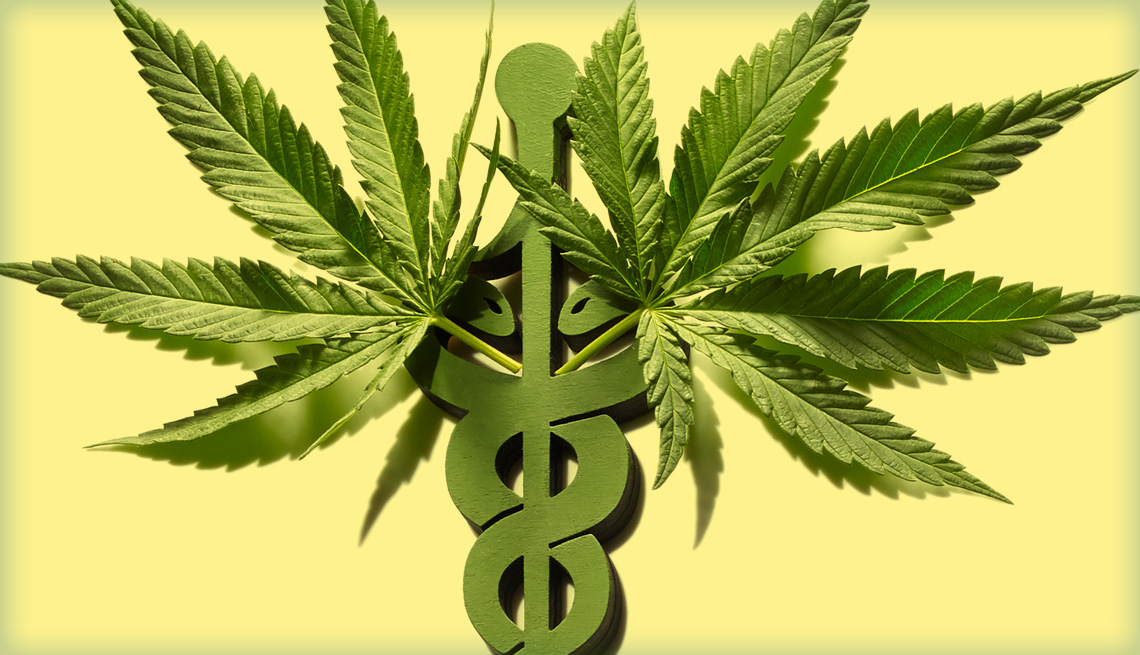
Javier Miravete o Lorena Roqueñi , usuarios de cannabis medicinal, son algunos de los pacientes que intervienen en el documental, realizado por el chileno Ricardo Carvajal con apoyo del Observatorio Europeo del Consumo y Cultivo de Cannabis (OECCC) y disponible tanto en la web del OECCC como en YouTube.
El confinamiento y el estado de alarma han puesto en evidencia la falta de derechos esenciales de los consumidores de marihuana con fines medicinales, como apunta el documental, que muestra cómo el cierre de las calles y de los clubes de consumo, así como de las asociaciones terapéuticas de las que se abastecen estos consumidores, han hecho que muchos tengan que recurrir al mercado negro.
"Uno de los chicos que aparece en el documental tiene sida,
esta enfermedad le causa unos dolores crónicos brutales y necesita la
marihuana -en su caso Rosin, la resina de la marihuana con alto
concentrado en THC- para paliar esos dolores. Si no, tiene que quedarse
postrado en la cama sin moverse", explica a Efe el director.
Para no llegar a ese extremo, tuvo que recurrir a un camello de Lavapiés de manera ilegal con miedo a que le pillaran y le multaran además de quitarle el cannabis, cuenta Ricardo Carvajal.
Esta situación ha indignado tanto a los usuarios de cannabis como a los defensores del mismo, que exigen al Gobierno que cuando la pandemia finalice y se llegue a la nueva normalidad, pongan sobre la mesa de nuevo el debate sobre la regularización de la marihuana, ya que,
Con respecto al acceso, recomendamos: Los dispensarios de cannabis medicinal se consideran servicios esenciales, se implementarán regulaciones para permitir y alentar los pedidos online, la entrega en la acera y en el hogar y proporcionar orientación sobre los procedimientos operativos estándar ante la pandemia (e. Orientación sobre el manejo de productos, dinero, tarjetas de crédito o tarjetas de identificación, reglas para distanciamiento físico, etc.). Los médicos tradicionales y los curanderos indígenas también deben ser reconocidos como servicios esenciales.
El documental da
además un repaso a la evolución e historia del consumo en nuestro país
desde que los legionarios destinados en África empezaran a fumarla. "Se
ha producido un progreso en cuanto a rupturas del sistema. El cannabis
en España tiene una historia de activismo y contracultura, de
autocultivo y desobediencia civil", apunta Carvajal. El director añade además que, "gracias a este movimiento sobre el intercambio de conocimientos y semillas
entre los amantes de la planta y la lucha social ha hecho posible, por
ejemplo, que en Cataluña estén permitidos los clubes de fumadores". LUPA RUBRA Consumers of therapeutic marijuana find it difficult to obtain a product that they consider "essential", as they denounce in the documentary "Marijuana: People First". "One of the boys who appears in the documentary has AIDS, this disease causes him brutal chronic pain and he needs marijuana - in his case Rosin, the resin of marijuana with a high THC concentration - to alleviate those pain. If not, it has to remain bedridden without moving, "explains the director to Efe. Regarding access, we recommend: Medical cannabis dispensaries are considered essential services, regulations will be implemented to allow and encourage online ordering, delivery at the curb and at home and provide guidance on standard operating procedures for the pandemic ( e Guidance on handling products, money, credit cards or ID cards, physical distance rules, etc. Traditional doctors and indigenous healers must also be recognized as essential services. The documentary also gives a review of the evolution and history of consumption in our country since the legionaries stationed in Africa started smoking it. "There has been progress in terms of system ruptures. Cannabis in Spain has a history of activism and counterculture, of self-cultivation and civil disobedience," says Carvajal. LUPA RUBRA
"I feel unprotected, abandoned, and worried about the treatments that I do not have now. It is important for me to take this product not only to alleviate pain but to reduce other medications that in the past have caused me to bleed"
"If I don´t smoke marijuana at night, I don´t sleep"
"I think they have put us aside. Because who thinks of us?" He asked himself on camera throughout the documentary of some patients.
Javier Miravete or Lorena Roqueñi, users of medicinal cannabis, son of the patients who take part in the documentary, made by the Chilean Ricardo Carvajal with the support of the European Observatory of Cannabis Consumption and Cultivation (OECCC) and available both on the OECCC and in Youtube.
The confinement and the state of alarm have highlighted the lack of essential rights of marijuana consumers with medicinal fines, as the documentary points out, which shows how the closure of the streets and of consumer clubs, as well as of associations Therapeutics from which these consumers source have made many have to resort to the black market.
In order not to go to that extreme, he had to resort to a Lavapiés camel illegally, afraid that he would be caught and fined, in addition to taking cannabis, Ricardo Carvajal says.
This situation has outraged both cannabis users and its defenders, who demand that the government, when the pandemic ends and reach the new normal, put on the table again the debate on the regularization of marijuana, since , they assure, improve both public health and citizen security.
The IACM and the Society of Cannabis Clinicians, together with other organizations, have written a communication to UN Human Rights representatives, expressing concerns, among other things, about the following:
The director also adds that "thanks to this movement on the exchange of knowledge and seeds between lovers of the plant and the social struggle, it has made it possible, for example, for smoking clubs to be allowed in Catalonia."